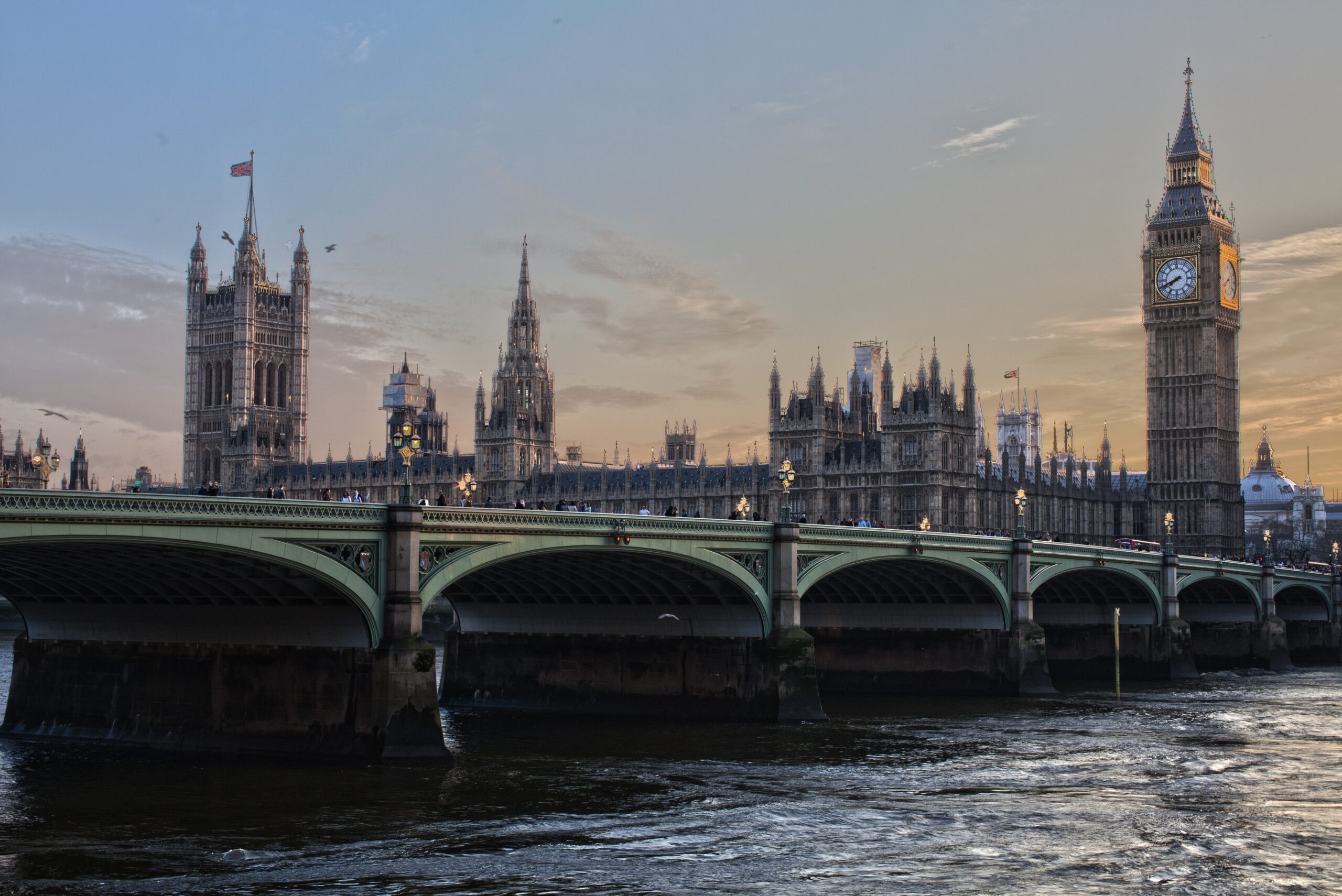
The influence of British culture on the English language
On our English with Monty podcast (you can listen to it on Spotify or Apple Podcasts as well as all good directories), we have recently decided to do some episodes on British culture. Amy, Gideon and Ben all give their views on three positive and three negative aspects of British culture. All of them are English teachers who help English learners improve their skills.
They all mentioned that lots of English learners are interested in British culture so I thought I would take a look at how culture plays a role in language. Louise (one of our teachers here at Monty) wrote a very interesting article on slang which gave a few useful insights.
The Pub
The word ‘pub’ comes from the term ‘public house’. This differentiates a private dwelling from a public one as it sells alcohol. The brewer would hang a bush above the door to identify itself as a drinking establishment open to the public, or a pub. People would drink beer as it had fewer germs than water.
British facts and phrases:
- To be merry / tipsy – a bit drunk
‘I have had a few beers and I feel merry.’ - Typically you would ask for a pint of beer which is 568.26ml. Alternatively you can ask for ‘a half
- The oldest pub in the UK where you can still buy a drink is (probably) Ye Olde Fighting Cocks in St. Albans. It dates back to around 1600
British Humour
‘Do you get it?’ is a phrase you often hear after someone tells a joke. The phrase essentially means ‘Do you understand what’s funny about the joke?‘. Although, if you need to ask this question in the first place then your joke probably isn’t all that funny! If you can get a feel for British humour then it can definitely help with your English skills.
British facts and phrases:
- There are many different types of humour in the UK, here are just 5 of them: 1. Sarcasm & irony; 2. Understatement; 3. Satire; 4. The Absurd and 5. Banter
- ‘Dad jokes’ are typically pun-laden one-liners which are often so bad that they are funny! Here’s one: “Singing in the shower is fun until you get soap in your mouth. Then it’s a soap opera.”
- The first use of ‘stand-up’ as a term was used in 1911 and referred to a performance of comedy songs rather than as we know it now in its modern form
Politeness
Being polite is very much part of British culture and can really help. If you say ‘pardon?’ instead of ‘what?’ when you don’t quite hear what someone says, it can make a big difference. The idea of it is to keep good relations with your listener or reader. It shows that you value and respect them and so be sure to use ‘please’ and ‘thank you’ as well as ‘pardon’.
British facts and phrases:
- Giving opinions: Personally, I think that…; It seems to me that…; In my opinion…; I feel that…; I believe that…
- Making requests: Could you please…; Would you please…; Would you mind…
- Asking questions: I was wondering if / whether..?; Would it be possible to..?; Do you mind if..?
Podcast episodes on British culture
Look out for our podcast episodes on British culture as they will be coming out over the next few months!
